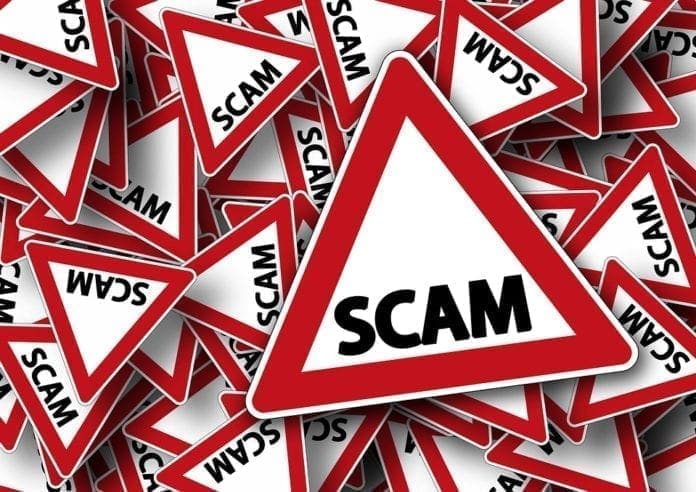Scammers will stop at nothing to gain access to your personal information.
The latest scam warning from West Virginia Attorney General Patrick Morrisey’s office has scammers targeting consumers through a text message that takes advantage of our fears about the Coronavirus / COVID-19.
You have probably read about ‘contact tracing’. This is the process of identifying persons who may have come into contact with an infected person. Contact tracers collect additional information to try to mitigate the spread of the virus through tracing and monitoring infected people, maintaining safe and effective quarantines, increasing numbers of staffers, and through digital tools.
The scam was reported to the Federal Trade Commission last week, and involves the scammer impersonating a state or local health department official who urges the recipient to click on a link for more information. That link, of course, exposes the device to malware and the potential theft of personal information. Anyone who receives such a text message should contact the health department through a phone number or website that is legitimate. Do NOT call the number or click on the link listed in the message!
The FTC informs the public that contact tracers will NOT ask for Social Security numbers, bank account information or money. Consumers should never click on an unsolicited or suspicious link, and they should never share personal, sensitive information. Further, consumers should not send cash or gift cards, nor should they provide any numbers associated with bank accounts, credit or debit cards, or other personal numbers.
How It Works.
Attorney General Morrisey explains that legitimate contact tracers are hired by state and local health departments. Their job is to identify those who have had contact with a confirmed COVID-19 patient. They then instruct those individuals to quarantine and the contact tracer keeps a daily check on their symptoms.
Although this alert came from the West Virginia Attorney General’s office, consumers everywhere must remain cautious, pro-active and informed. Attorney General Morrisey warns, “Scammers never cease to find new ways to steal from consumers. Consumers must remain ever vigilant and protect their personal, identifiable information. Never click on an unfamiliar link and never share information without verifying who is on the other end.”
Scamming is big business. And, it IS a business. AARP warns us that there “is very likely a sophisticated, professional enterprise” behind the call, text or email. The April 1, 2020 article goes on to say that the industry is international in scope, bilking older Americans out of roughly $3 Billion each year. We are targeted because we have wealth, we tend to be trusting, and we may be less sophisticated about technology.
Don’t fall for the promises or the gimmicks. Don’t click on that link. Don’t call the number on the text message or email. Don’t let them take advantage of you, and keep an eye on older relatives that may be vulnerable. If you or a loved one has been scammed, contact your state’s Attorney General’s office and the Federal Trade Commission.
Stay safe. Be well. Wash your hands.


